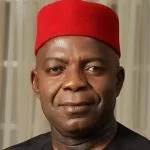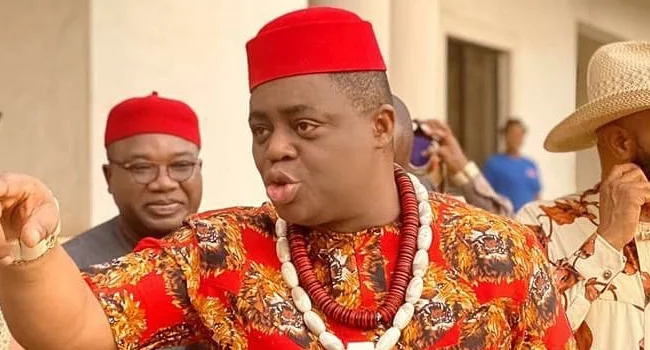Prince Harry has accused the royal family of withholding information from him about phone hacking because they did not want him to bring a claim as it would “open a can of worms”.
Prince Harry is taking on Associated Newspapers, publisher of The Daily Mail, in court. The Duke of Sussex is among a group of claimants including Sir Elton John, accusing the publisher of breaches of privacy including phone-tapping and bugging people’s homes.
In a witness statement submitted before his civil claim against Associated Newspapers, Prince Harry said that he was conditioned to accept his family’s rule to “never complain, never explain” when dealing with the press.
“The institution made it clear that we did not need to know anything about phone hacking and it was made clear to me that the royal family did not sit in the witness box because that could open up a can of worms,” the Duke said in his statement.
But discussing phone hacking claims against News Group Newspapers, Harry said “I became aware that I had a claim that I could bring” in 2018.
He added: “The institution was without a doubt withholding information from me for a long time about NGN’s phone hacking and that has only become clear in recent years as I have pursued my own claim with different legal advice and representation.”
Outlining how he found out other people within or associated with the royal family had brought phone hacking claims against the press, he says: “It is not an exaggeration to say that the bubble burst in terms of what I knew in 2020 when I moved out of the United Kingdom.”
He went on: “There was never any centralised discussion between us about who had brought claims as each office in the institution is siloed.
“There is this misconception that we are all in constant communication with one another but that is not true.”
Doreen Lawrence, Baroness Lawrence of Clarendon, also provided a witness statement where she said she was “played by a fool” by the Daily Mail and believed the publication was “on my son’s side and cared about the fight to bring his killers to justice”.
Doreen is a British Jamaican campaigner and the mother of Stephen Lawrence, a black British teenager who was murdered in a racist attack in South East London in 1993.
She added that she believed journalists she worked with in her fight for justice were “not only allies but friends”.
Lady Lawrence claimed “covert electronic surveillance” was used on her when she met people at a cafe she would attend when she wanted to speak to people privately. She also claimed corrupt payments had been made to police officers.
“We had always suspected that the police had been involved in corruption because of everything that happened that seemed to make sure Stephen’s killers were not found and put in jail,” Lady Lawrence said.
She added: “I am haunted by the fact that I will never know the truth of what happened to Stephen the night he was killed, or of the failed police investigations into his murder, and now the illegal invasions and spying and stealing of information about his death and about me by The Mail.”
Actress Elizabeth Hurley, also a claimant in the allegations against Associated News, explained how the alleged phone hacking took place.
She claimed that private investigators working for Associated News had a “former military and British Telecom phone man on payroll full-time”.
“This man would use cassette recorders and insert them into the landline cables of the green BT junction box cabinets on the street. Sometimes he also put them in manholes,” Ms Hurley said.
“The cassette recorders were always hidden and carefully and deliberately concealed to evade any sweeps ordered by suspicious victims.
“Hugh [Grant] and I, and many others, were victims of this and I thought about the time I had asked BT to sweep my lines and they had confirmed everything was fine and I had thought my phone was safe and secure to talk.”
She added that recordings of her conversations were sold for £2,000 in cash “hidden in an envelope”.
The statements come on the second day of the preliminary hearing at the High Court where lawyers for Associated News argued that documents being used by lawyers representing Prince Harry and his co-claimants are confidential.
A High Court judge has said he is “concerned” about who is responsible for policing confidentiality undertakings made during the Leveson Inquiry.
Associated Newspapers Limited’s argument is that part of the case brought by seven high-profile individuals relies upon documents that were provided by the company to the Leveson Inquiry in 2011 and 2012 with the understanding that they were confidential.
The company maintains that these documents are subject to binding disclosure and publication restriction orders and undertakings as to their use, and that lawyers for the people bringing the claim are in breach of these by relying on them without first applying for their disclosure.
However, on Tuesday, Mr Justice Nicklin said it was not clear who polices the undertakings as the Leveson Inquiry no longer exists.






2 Comments